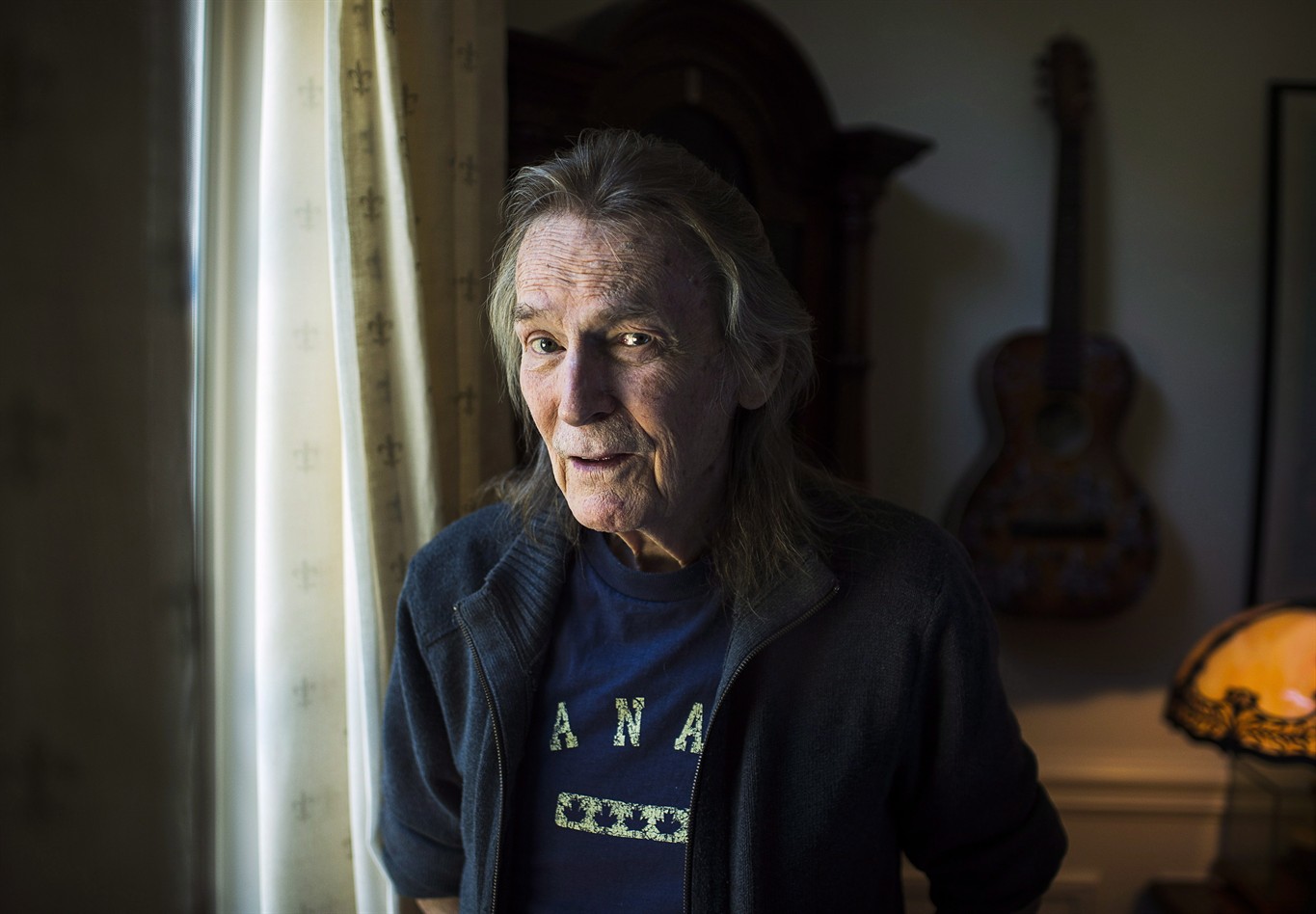TORONTO – Ask Gordon Lightfoot about the stories behind his songs and you’re likely to get a burst of colourful anecdotes on his relationships and the social climate of the time.
As one of Canada’s great songwriters he’s lived many lives and his penchant for storytelling instantly comes through in a conversation.
We asked Lightfoot to reflect on three songs that spanned his career:
— On his early single “Remember Me (I’m the One)” getting rejected by Rosalie Trombley, one of the most powerful radio programmers of the era, who worked at Windsor, Ont.’s CKLW-AM:
“I walked in with my record. She listened to it very attentively. She was a very nice lady and loved the song. She said she’d see what she can do, leave your name with the receptionist and we’ll call you. She didn’t add it, but she remembered — because she knew eventually there’d be another one. And there was, eight years later with ‘If You Could Read My Mind.'”
— On hearing “If You Could Read My Mind” over the airwaves for the first time:
“I was just getting ready to leave my basement apartment where I was living with my first wife and two babies when I heard it on the radio. Do I like the way it sounds? No. The first thought that came through my mind (was), ‘I wish I could’ve had just one more take. I wish I hadn’t had those few alcoholic beverages the night before.'”
— On “Black Day in July,” about the 1967 Detroit riot, and the song’s legacy:
“People were writing songs like it at that time. Bob Dylan was on the scene … I was working there (around that time) and it burned out the area practically next door to the club where I was working, the Living End. The record company really should’ve never put that thing out as a single. I had no right to comment on it — I’m a Canadian. That was what bothered me about it most. It was too political and I meant it to be an addition to a folk album I was doing.”







